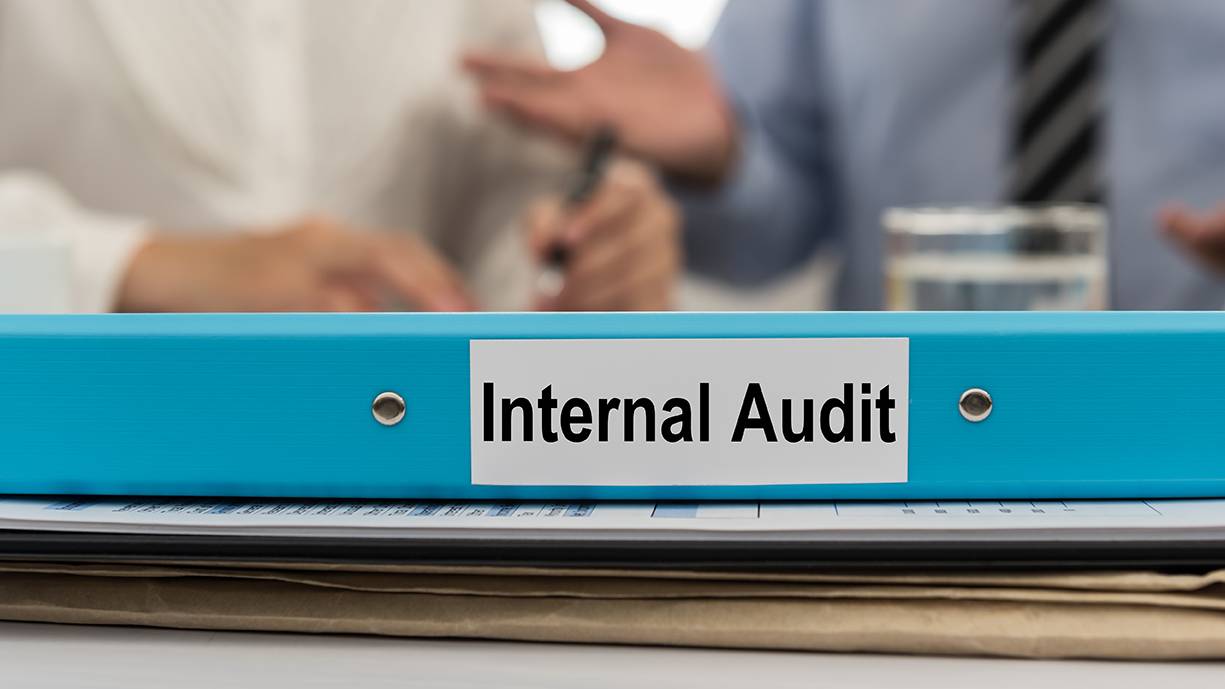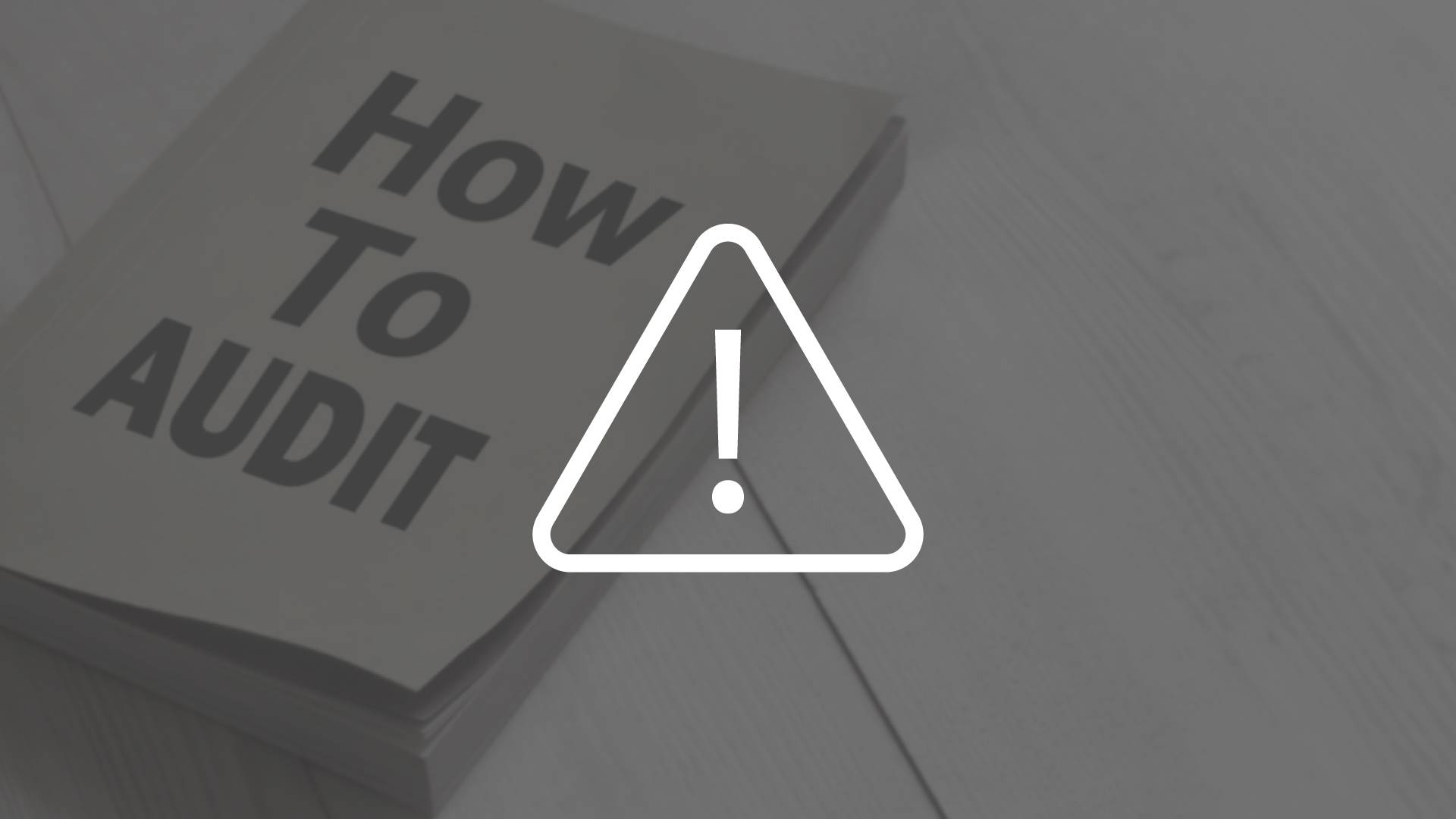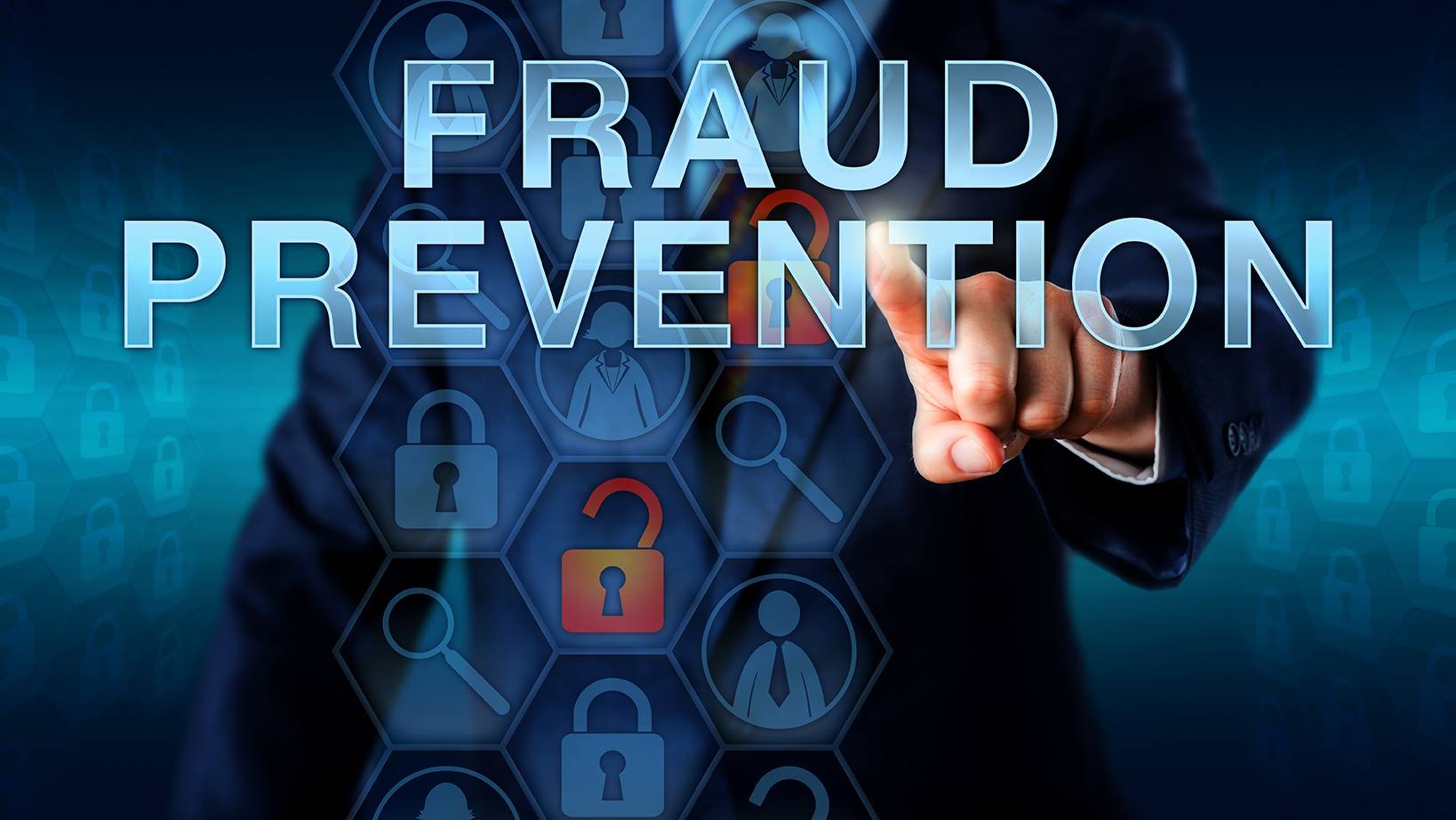Self-Study
Internal Auditing Guidebook
Robust guide to Internal Audit Excellence and Risk Management. Elevate your organization's risk assessment capabilities and control effectiveness through comprehensive audit strategies and data analytics.

$290.00 – $320.00
Webcasts are available for viewing Monday – Saturday, 8am – 8pm ET.
Without FlexCast, you must start with enough time to finish. (1 Hr/Credit)
Please fill out the form below and we will reach out as soon as possible.
CPE Credits
10 Credits: Auditing
Course Level
Overview
Format
Self-Study
Course Description
A successful internal audit program is an essential tool for determining how well an organization’s processes and controls are functioning. It can identify high-risk areas and determine how well existing controls are mitigating risks. In the Internal Auditing Guidebook, we cover all aspects of the internal auditing function, including governance, risk management, internal controls, fraud prevention and detection, audit evidence, audit sampling, data analytics, how to conduct engagements, and much more. This internal audit CPE course is designed to assist in the development of a fine-tuned internal audit department that can help to minimize risks and provide valuable consulting advice to every area of a business.
Learning Objectives
Upon successful completion of this course, participants will be able to:
- Recognize the responsibilities and reporting relationships of the internal audit staff.
- Identify the components of the Institute of Internal Auditors’ code of ethics and practice standards.
- Specify the components of the three lines of defense model.
- Identify the situations under which a business should and should not retain risk.
- Specify the characteristics of an enterprise risk management system.
- Recognize the members and responsibilities of the risk management committee.
- Recognize the information contained within a risk profile.
- Identify the characteristics of a “perfect storm” event.
- Identify the reasons why a firm’s systems should be documented.
- Specify the different types of flowcharts and how they are used.
- Describe the circumstances under which weak controls may be acceptable.
- Recognize the methods used to quantify risk.
- Specify the characteristics of the different types of controls.
- Recognize the different types of control deficiencies.
- Identify the ranking criteria for IT audits.
- Identify the audit tests used to examine IT controls.
- Specify the reason for weaknesses in database security.
- Specify the reports associated with the controls of an IT vendor.
- Identify the various opportunities to commit fraud.
- Recognize the rationalizations for committing fraud.
- Specify the types of fraud encountered by a business.
- Specify the methods used to reduce the perceived pressure on employees.
- Recognize response options when an employee has committed fraud.
- Cite the indicators of fraud.
- Identify the various fraud investigation techniques.
- Specify the metrics that may be used to measure the internal audit department.
- Recognize the sources of audit evidence.
- Describe the relevance and reliability concepts.
- Identify the normal contents of audit working papers.
- Specify the characteristics of the different types of sampling.
- Recognize the issues associated with sampling units.
- Identify the conditions under which sampling variances are acceptable.
- Identify the characteristics of high-validity data.
- Specify the characteristics of the different types of deficiencies.
Course Specifics
SS924376577
March 6, 2024
There are no prerequisites.
None
212
Compliance Information
CFP Notice: Not all courses that qualify for CFP® credit are registered by Western CPE. If a course does not have a CFP registration number in the compliance section, the continuing education will need to be individually reported with the CFP Board. For more information on the reporting process, required documentation, processing fee, etc., contact the CFP Board. CFP Professionals must take each course in it’s entirety, the CFP Board DOES NOT accept partial credits for courses.
Meet The Experts

Steven M. Bragg, CPA, is a full-time book and course author who has written more than 300 business books and courses. He provides Western CPE with self-study courses in the areas of accounting and finance, with an emphasis on the practical application of accounting standards and management techniques. A sampling of his courses include the The New Controller Guidebook, The GAAP Guidebook, Accountants’ Guidebook, and Closing the Books: An Accountant’s Guide. He also manages the Accounting Best Practices podcast. Steven has been the CFO or controller of both public and private companies and has been a consulting manager with Ernst & Young and …
Related Courses
-
 Auditing
Auditing
Computer Fraud and Abuse
Marshall Romney, CPA, PhD, CFE QAS Self-Study
Credits: 6 $174.00
QAS Self-Study
Credits: 6 $174.00$174.00 – $204.00
-
 Auditing
Auditing
How to Audit for Fraud
Steven M. Bragg, CPA QAS Self-Study
Credits: 3 $87.00
QAS Self-Study
Credits: 3 $87.00$87.00 – $107.00
-
 Auditing
Auditing
Fraud Prevention, Detection, and Audit
Marshall Romney, CPA, PhD, CFE QAS Self-Study
Credits: 9 $261.00
QAS Self-Study
Credits: 9 $261.00$261.00 – $291.00
